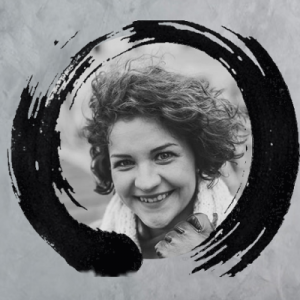This topic is dear to my heart and one that I wanted to write about for some time. Before we get started let me give the reasons behind this blog.
I often hear Salsa dancers complain about parties that they attend. Statements like “I did not enjoy the night because…”
– The place was too crowded
– The music was bad
– The venue was too dark
– There were not enough good dancers
I personally think that each Salsa night has its own unique properties and serve a specific purpose. To ensure that you enjoy every night that you go out you have to understand 1) what your intentions are and 2) what night best suits your needs. I personally use a broad categorisation system for Salsa nights out that helps me 1) understand the values of the club and 2) be able to communicate this across to other people who seek my opinions.
This is what I present to you.
DISCLAIMER: I think that all Salsa nights are wonderful in their own right. What I am presenting is my personal observation and how I personally choose (or recommend) which clubs to go to. This article does not attempt to degrade or put down any given night.
CLUBS
I use the term clubs to cover Salsa nights run in publically open nightclubs, bars or restaurants. With most Salsa nights in this category, there will be a massive influx of weekly drinkers that have no real intention of learning this dance but using this for a social setting. The music policy in these venues normally cater towards the drinking crowd and less towards the dancing one as bar spend is an important issue for the promoter – if the bar doesn’t take enough money the promoter can lose the night. I find that the energy is these clubs are normally a lot higher, people dress up a bit more, the lights a bit lower but the reasons that I don’t dance much in these clubs is due to the lack of dance floor space and etiquette.
With that said I find clubs great for meeting up with friends, dancing the occasional song or two and having a good night out.
SOCIALS
I use the term socials to cover rented dance halls or function rooms. Socials are not frequented by the curious passer-by or the group of friends that want to get a few drinks but cater strongly for the more serious Salsa dancing community. I find that the music policy caters more for the dancers in these venues and although most provide bars, this is for the occasional drink rather than to get drunk. Socials generally provide a lot more space per dancer and the dance floor etiquette is a lot better.
If I want a solid night of dancing to great music then Socials are the only option for me. They normally come with a far stronger sense of identity and the dancers that frequent them are of a higher level.
CROSSOVER CLUBS
This is a term that is used by me and my friends to describe party nights that have multiple rooms which cater for different styles of dancing i.e. a night that may have a Bachata Room, Cuban Room, and Kizomba Room. For me this keeps the night interesting as I may spend some time in the Bachata room, followed by a few Rueda’s and then having some solid Crossbody dancing. These nights generally pull in massive numbers as each room has its own following.
I have had the most fun in these types of nights as I generally mingle a lot more than dancing. When I go out it is not just about dancing and sweating the night away but taking breaks between rooms and chatting to people.
SUMMARY
I have heard people say that they hate the music in a particular club as it is too cheesy. My response is to go to more socials.
I have heard people complain while at a social that people are too serious and no one is drinking… well try a Salsa club.
I have heard some people in socials complaining about only hearing Salsa music… why not pop down to a Crossover club?
The amazing thing about dancing Salsa in London is that there are literally hundreds of different nights catering for different purposes. The key to enjoying your night is to find the right fit for what you are looking for.





Leave a Reply